Paying for Caregiving Services

Before we learn about options for paying for caregiving services, we wanted to say “thank you” to everyone who joined us last night for our webinar on Professional Caregiving for Seniors. If you’re interested in attending future events, check out what’s coming up here.
One of the things we talked about last night was how to pay for a caregiver. Many families are surprised to learn that Medicare and other medical insurances do NOT pay for caregiving. While the majority of caregiving services are paid for privately, there are many other potential ways to fund this need:
Paying For a Caregiver – What Help is There?
- VA benefits: If your Senior and/or their spouse (even a deceased spouse) is a Veteran, they may be eligible for certain caregiving benefits, typically for up to 15 hours a week. Check with your coordinator at your local VA, or speak with a Veterans’ assistance group, such as Veteran Aid, to learn if your Senior qualifies and how to access these benefits.
- Long term care insurance: LTC, as this benefit is often called, is an optional private insurance that many older adults have purchased. LTC will likely cover some, or even all, caregiving costs, depending on what care your Senior needs. It’s important to read the policy carefully, as in some cases it may be safer to save benefits for potentially more costly care later on than to use them for relatively lower caregiving costs. If your Senior isn’t sure if they have a LTC policy, check with any financial advisers or attorneys they have worked with.
- Condition-specific support: If your Senior has a particular diagnosis or condition for which a support organization exists, check with that group to see if they offer caregiving subsidization. For example, the National Multiple Sclerosis Society can help you find out if your state participates in a grant to fund respite care for adults with MS through the Lifespan Respite Care Program.
- Tax credits: Some tax credits are available for family members who either provide direct care to a Senior, or who help fund professional caregiving services for a Senior. Talk with your CPA to see if you are eligible, and check out this article from AARP for more information.
- Life Insurance Settlement: If your Senior has a life insurance policy that they no longer want or need, they may be able to sell it to a third party through a life insurance settlement. That party then pays the monthly premiums on the policy and becomes the beneficiary when the Senior passes. In return, the Senior receives a lump sum cash payout at the point of sale, which they may use for, among other things, paying for caregiving costs. Find out more about this option through the Life Insurance Settlement Association.
Paying for a Caregiver – Low Income Seniors
- Medicaid: Many Medicaid recipients are eligible to receive financial assistance for in-home care. This article does a great job at explaining the various programs and breaks down the details by state.
- Local needs-based care subsidies: Many programs exist at the local level to subsidize professional caregiving services for needy Seniors. Check with your local Area Agency on Aging to find a program near you.
Paying for a Caregiver – Privately
Paying privately for care is the most common way of funding caregiving services. While some Seniors may be daunted by the cost, know that for many Seniors having a caregiver is a cost-effective way to stay living in their own home and delaying the need for a move to a higher (and more costly) level of care.
If your Senior does not have sufficient retirement funds saved to support their caregiving needs, we recommend talking with a Certified Financial Planner who can look at their assets and advise on how to structure their funds to best meet their caregiving needs. Some Seniors may also choose to downsize and move to a more modest home or apartment, using those additional funds to pay for caregiving.
Even for Seniors with sufficient funds, it can be challenging to wrap your head around paying for caregiving services. At ACE Senior Care Navigators, we pride ourselves on helping families find the right services for them, with empathy and expertise. Contact us today to get started.



